When your car shuts off while you’re driving, it can be a scary experience. You may panic and think the worst. But what if your car shuts off when you’re stopped or slowing down? Is this a sign of something wrong with your car, or is it just a normal occurrence that doesn’t require any maintenance? This blog post will discuss the possible causes of a car shutting off when stopping or slowing down, and what you can do to prevent it from happening.
18 Reasons Why Car Shuts Off When Stopped or Slowing Down
Faulty Fuel Pump
A faulty fuel pump can cause the car to shut off when it is stopped or slowing down. The fuel pump draws fuel from the tank and pushes it through the fuel lines into the engine where it is burned to produce power. If the pump isn’t working correctly, then there won’t be enough fuel reaching the engine, causing it to stall.
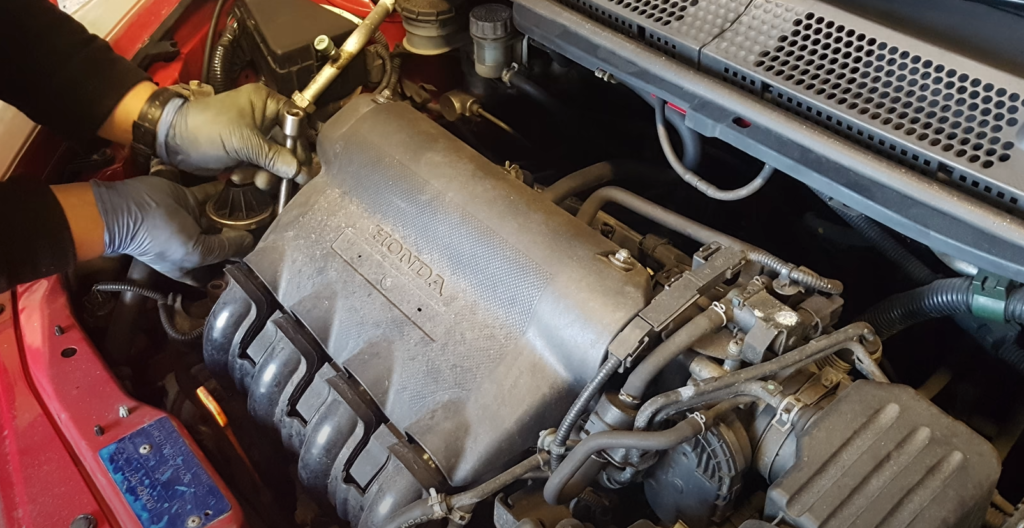
Clogged Fuel Filter
A clogged fuel filter can also cause the car to shut off. The fuel filter is designed to remove impurities from the fuel before it reaches the engine, but if it gets plugged up with dirt and debris, then not enough fuel will be able to pass through. This will result in an insufficient amount of fuel reaching the engine, causing it to stall.
Faulty Ignition System
A faulty ignition system can lead to the car shutting down when stopped or slowing down. The ignition system is responsible for sending an electrical spark to ignite the air-fuel mixture in the cylinders which produce power that drives the car forward. If something goes wrong with this system, then there won’t be enough spark to ignite the mixture and the car will shut off.
Vacuum Leak
A vacuum leak can cause the engine to stall when stopped or slowing down. The vacuum system is used to regulate the airflow in and out of the engine, and if there is a leak anywhere in that system then it can cause an imbalance which will result in insufficient airflow into the engine, causing it to stall.
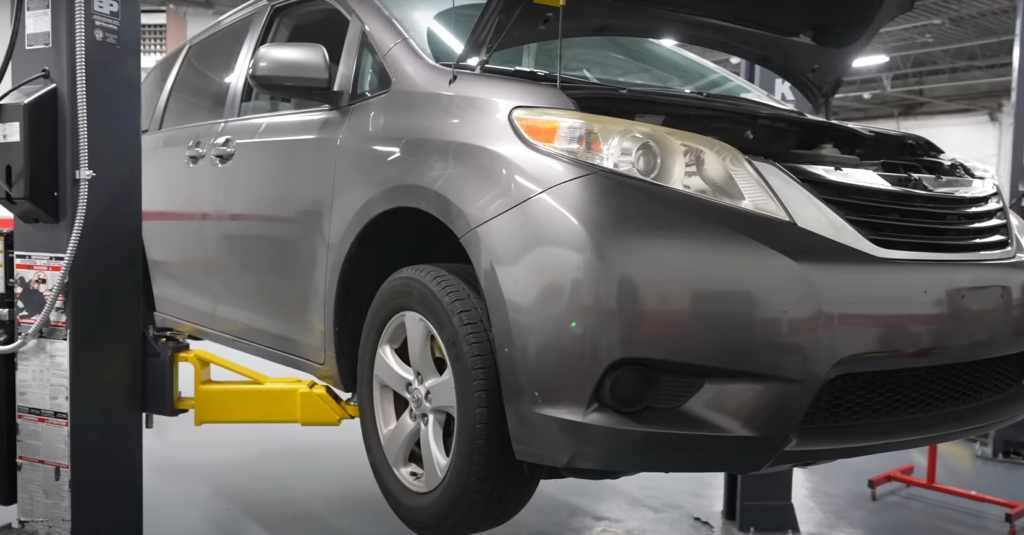
Low Oil Pressure
Low oil pressure can also cause the car to shut off when stopped or slowing down. Oil helps to lubricate all of the moving parts inside of the engine, but if there isn’t enough oil reaching those parts then they won’t be able to move freely which will eventually lead to them seizing up and stopping the engine.
Faulty Alternator
A faulty alternator can also cause the car to shut off while stopped or slowing down. The alternator is responsible for keeping the electrical system running by producing and sending out power to the battery and other components. If something goes wrong with it, then there won’t be enough power being produced which can lead to the car shutting off.
Worn Timing Belt
A worn timing belt can cause the car to shut off when stopped or slowing down. The timing belt keeps all of the moving parts in sync inside of the engine, but if it gets too worn then it will slip or even break entirely, causing those parts to become out of sync which will result in the engine stalling.
Dirty Mass Air Flow Sensor
A dirty mass air flow sensor can cause the car to shut off when stopped or slowing down. The mass air flow sensor is responsible for measuring the amount of air entering the engine so that it can adjust the fuel-air mixture accordingly. If it gets clogged up with dirt and debris, then it won’t be able to accurately measure the airflow which can lead to an improper fuel-air mixture causing the engine to stall.
Empty Fuel Tank or Low Fuel Pressure
An empty fuel tank or low fuel pressure can also cause the car to shut off when stopped or slowing down. The fuel pump is responsible for pushing the fuel from the tank and into the engine, but if there isn’t enough fuel in the tank or the pressure is too low then there won’t be enough fuel reaching the engine, causing it to stall.
(MAF) Mass Flow Sensor Malfunction
A Mass Air Flow (MAF) sensor malfunction can cause the car to shut off when stopped or slowing down. The MAF sensor is responsible for measuring the amount of air entering the engine so that it can adjust the fuel-air mixture accordingly. If it fails, then there won’t be enough air reaching the engine causing it to stall.
Bad Oxygen Sensor
A bad oxygen sensor can also lead to the engine stalling. The oxygen sensor detects the amount of oxygen in the exhaust and sends signals to the computer which adjusts the fuel-air mixture accordingly. If this sensor fails or becomes contaminated, then there won’t be an accurate reading of oxygen levels which can cause an improper fuel-air mixture leading to the engine stalling.
Engine Control Unit Issues
Engine Control Unit (ECU) issues can also cause the car to shut off when stopped or slowing down. The ECU is responsible for controlling all of the engine’s functions and if something goes wrong with it then it can lead to an improper fuel-air mixture, causing the engine to stall.
Foul Spark Plugs
Foul spark plugs can also cause the car to shut off when stopped or slowing down. The spark plug is responsible for igniting the fuel-air mixture inside of the engine, but if it gets fouled up with dirt and debris then it won’t be able to do its job properly which can lead to an improper fuel-air mixture, and the engine stalling.
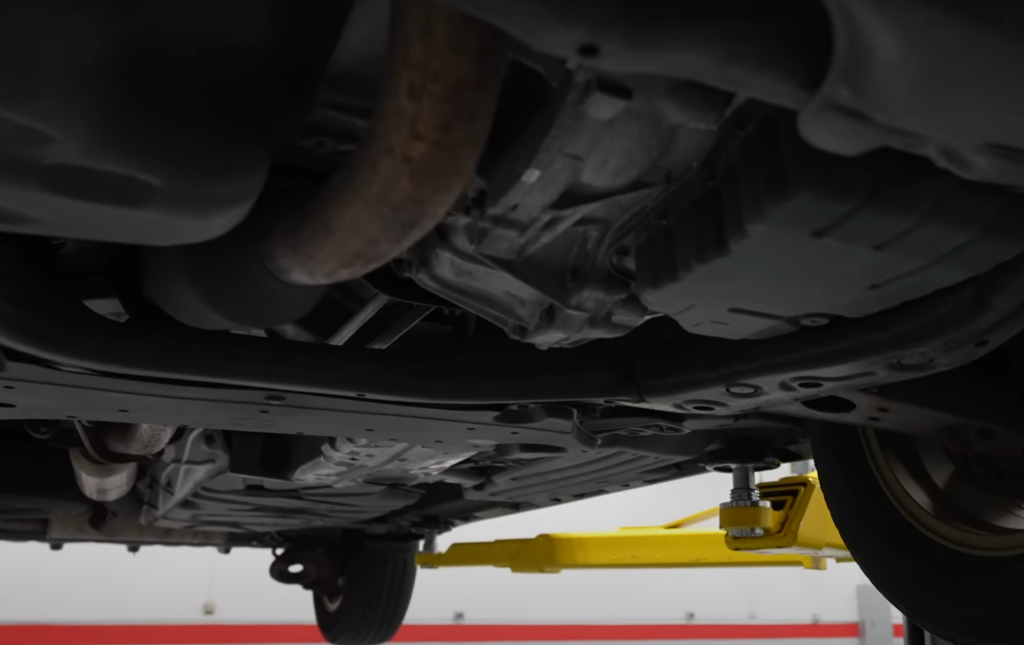
Defective Idle Air Control Valve
A defective idle air control valve can also cause the car to shut off when stopped or slowing down. The idle air control valve is responsible for controlling the amount of air entering the engine at low speeds and if it fails then there won’t be enough air reaching the engine, causing it to stall.
Cracked Spark Plug Wires
Cracked spark plug wires can also cause the car to shut off when stopped or slowing down. The spark plug wires are responsible for carrying the current from the ignition coil to the spark plugs, but if they become cracked then there won’t be enough power reaching the spark plugs causing them to misfire and resulting in the engine stalling.
Crankshaft Position Sensor Malfunction
A crankshaft position sensor malfunction can also cause the car to shut off when stopped or slowing down. The crankshaft position sensor is responsible for detecting the position of the crankshaft, which helps keep all of the moving parts in sync inside the engine. If it fails, then those parts will become out of sync resulting in an improper fuel-air mixture causing the engine to stall.
Weak Battery
A weak battery can also cause the car to shut off when stopped or slowing down. For an engine to start and run properly, it needs sufficient power from the battery. If the battery is failing or not providing enough power then it can lead to an improper fuel-air mixture causing the engine to stall.
Faulty Starter Motor
A faulty starter motor can also cause the car to shut off when stopped or slowing down. The starter motor is responsible for cranking the engine over when it’s first started, but if it fails then there won’t be enough power reaching the engine causing it to stall [1].
Preventive Maintenance to Avoid Stalling
Keep Your Car Well Maintained
Car stalling can be avoided to a large extent by regular preventive maintenance. To maximize the life of your car and reduce the chances of it stalling, you should follow these general guidelines:
- Change your oil regularly and use the correct grade for your vehicle. Check with your owner’s manual for recommendations on oil type and frequency.
- Keep the cooling system in good condition by flushing and changing coolant every two years or 24,000 miles (whichever comes first).
- Replace air filters as needed to ensure that clean air is entering the engine, especially if you drive in dusty conditions.
- Have spark plugs checked and replaced when necessary to avoid misfiring which can lead to stalling.
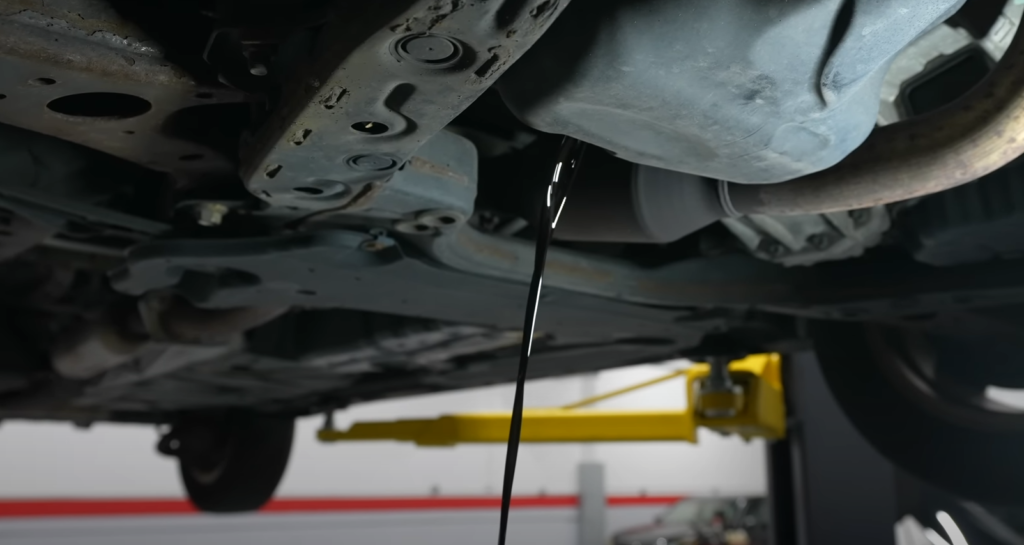
Replace the Spark Plugs Every 30000 Miles
Spark plugs are extremely important for the proper functioning of your car. When they become worn or fouled, they can cause misfiring which can lead to stalling. It’s best to replace them every 30,000 miles (48,000 kilometers) or as recommended in your owner’s manual.
Keep a Close Eye on Your Battery
A weak battery is one of the most common causes of stalling because it affects the electrical system of your car.
You should also have a professional check the battery voltage at least once a year to make sure it has enough power to keep your car running smoothly.
Clean the Mass Airflow Sensor Every 6 Months
The mass airflow sensor is responsible for providing the amount of air that enters your engine. If it gets clogged with dirt and debris, your car can stall or run erratically. That’s why you should have it cleaned every 6 months to ensure optimal performance and reduce the chances of stalling.
Check the Fuel Pressure Regularly
A car that is not getting enough fuel pressure can be prone to stalling. Have your mechanic check the fuel pressure regularly (as recommended in the owner’s manual) to make sure it’s at an acceptable level and that no parts of the fuel system are clogged or damaged.
Service the EGR Valve if You Notice a Problem
The Exhaust Gas Recirculation (EGR) valve is responsible for recirculating some of the exhaust gasses back into the intake manifold. If this valve isn’t functioning properly, it can cause stalling and other performance issues. Have your mechanic check and service this valve if you notice any problems with stalling or engine performance [2].
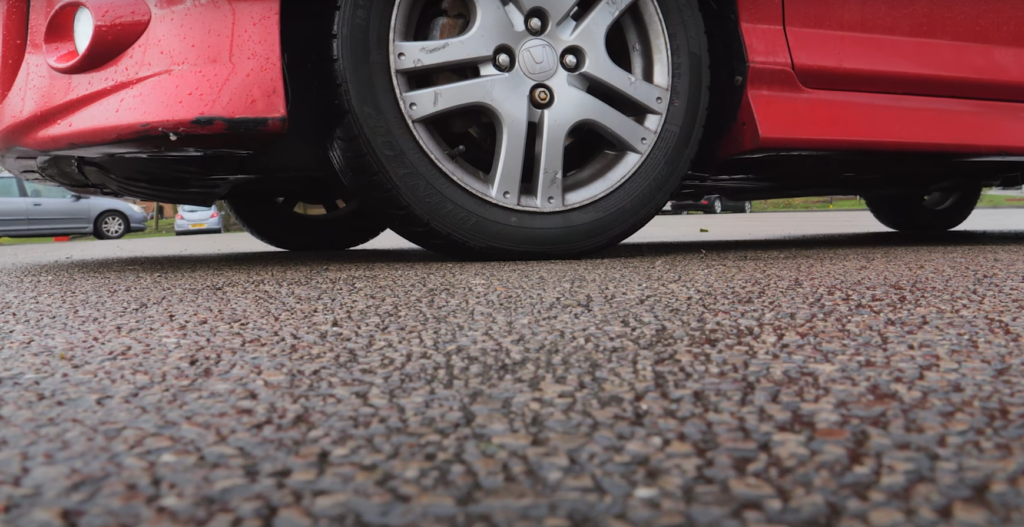
How to Install a New Fuel Pump?
Installing a new fuel pump requires some basic knowledge of vehicle mechanics and safety precautions. Before beginning the installation, make sure to have all the necessary tools and supplies.
- Disconnect the negative battery cable from your car’s battery. This will prevent electric shock and any other hazards that may occur during the installation process.
- Locate the fuel tank, which is usually found near the rear axle in most cars. You may need to remove the plastic paneling underneath your car to access the tank if it is not visible from above ground level.
- Place a suitable container beneath the fuel tank filler neck to catch any gasoline that may spill out when you open it up. Then proceed to open the filler neck with a wrench.
- Disconnect any hoses or wires that are connected to the fuel pump assembly inside the tank and remove it from its housing. The assembly should come out easily once all connections have been removed.
- Insert the new fuel pump into the housing and make sure it is securely in place before reconnecting any of the hoses or wires you had previously disconnected.
- Reattach the fuel tank filler neck and close it securely with a wrench. Be sure to tighten all bolts, nuts, and screws while doing so to avoid leakage later on down the line.
- Reconnect the negative battery cable back onto your car’s battery and start up the engine to check for any fuel leaks.
If all is working properly, the installation of your new fuel pump was a success! Be sure to inspect it periodically for any signs of wear or damage and replace it promptly if necessary [3].
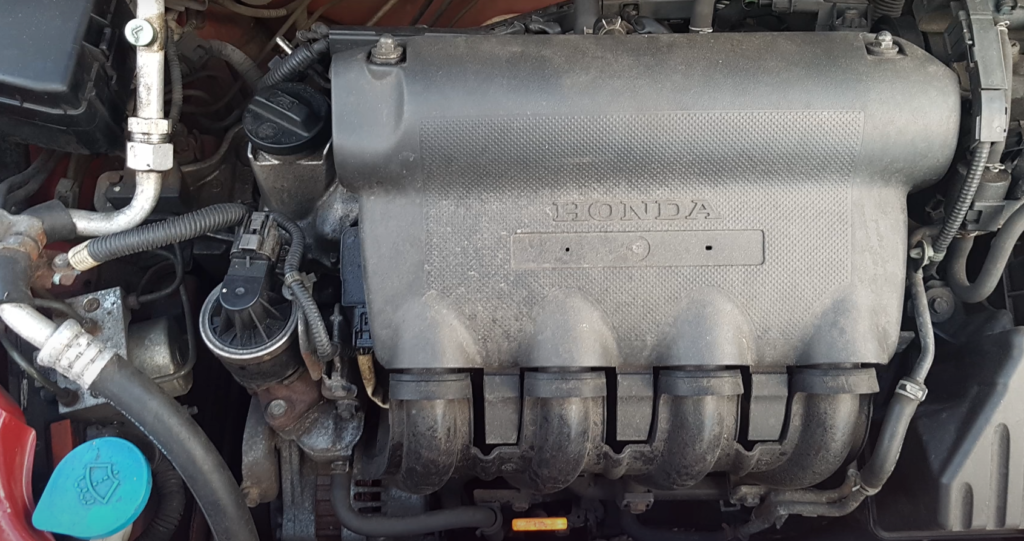
Decoding the Dilemma: Troubleshooting a Stalling Car
Experiencing issues with your car shutting off when stopped or slowing down? Navigate the troubleshooting journey with the detailed table below, outlining potential causes, actions to take, and preventive measures to keep your ride running smoothly.
| Possible Cause | Symptoms | Actions to Take | Preventive Measures |
|---|---|---|---|
| 1. Idle Control Valve Issues | Stalling when idle, fluctuating RPM | Clean or replace the idle control valve | Regularly clean or maintain the idle control valve |
| 2. Fuel System Problems | Irregular fuel delivery, engine misfire | Check fuel injectors, fuel filter, and pump; replace if necessary | Use quality fuel, perform regular fuel system maintenance |
| 3. Ignition System Malfunction | Engine misfire, difficulty starting | Inspect spark plugs, ignition coils, and wires; replace as needed | Regularly check and replace ignition system components |
| 4. Vacuum Leak | Fluctuating idle, hissing sound | Identify and repair vacuum leaks | Perform routine checks for vacuum system integrity |
Explanation of the table:
- Idle Control Valve Issues: If your car stalls when idle or exhibits fluctuating RPM, consider cleaning or replacing the idle control valve. Regular maintenance is crucial for optimal functionality.
- Fuel System Problems: Symptoms include irregular fuel delivery and engine misfires. Check and replace fuel injectors, fuel filter, and pump as needed. Use quality fuel and perform regular fuel system maintenance.
- Ignition System Malfunction: Engine misfires and difficulty starting may indicate ignition system issues. Inspect and replace spark plugs, ignition coils, and wires as necessary. Regularly check and replace ignition system components.
- Vacuum Leak: If you notice a fluctuating idle and a hissing sound, investigate and repair vacuum leaks. Perform routine checks to ensure the integrity of the vacuum system.
FAQ
When I slow down and stop, the car engine shuts off; what to do?
If the engine shuts off when you come to a stop, it could be an issue with the idle control system. This is usually caused by a faulty throttle position sensor, which tells the car’s computer that your foot is off the gas pedal so it can adjust the engine’s idle speed accordingly. You should take your car to a qualified mechanic who can inspect and diagnose this problem. The mechanic may need to replace or repair certain components of the idle control system, such as the throttle position sensor or other related parts.
What should you do if the engine shuts off while driving?
If the engine shuts off while you are driving, it could be a sign of a more serious issue. Immediately pull safely to the side of the road and turn on your hazard lights. Call for roadside assistance or contact a qualified mechanic as soon as possible so they can diagnose and repair any potential problems with your vehicle. Depending on what caused the problem, you may need to have components such as an ignition coil, spark plug wires, fuel filter, fuel pump or oxygen sensor replaced or repaired. It’s important to have these issues addressed quickly to prevent further damage to your car’s engine.
How often should I have my oil checked?
It is recommended that you check your oil at least once every 3,000 miles or every three months, whichever comes first. This should be done more often if you drive your car in extreme conditions such as cold weather or dusty roads. You can also have a professional mechanic check your oil at regular intervals to ensure that it is clean and of the correct viscosity. Keeping your engine’s oil in good condition is essential for maintaining its performance and preventing costly repairs down the road.
What are some signs that my car needs an oil change?
Some common signs that it’s time for an oil change include:
- The “Check Engine” light coming on
- Excessive smoke from the exhaust pipe
- Unusual engine noises
- Oil leaking from the engine
- Oil that looks dark or gritty
If you notice any of these signs, it’s important to take your car to a qualified mechanic for an oil change as soon as possible.
What would cause my car to shut off while idling?
If your car shuts off while idling, it could be due to an issue with the idle control system. This usually happens when the throttle position sensor (TPS) or other related components are not working properly and tell the car’s computer that the engine is still running even though you have taken your foot off of the gas pedal. To address this problem, you should take your car to a qualified mechanic who can inspect and diagnose any potential issues with these parts. The mechanic may need to replace or repair certain components for your car to run properly. It’s important to get this fixed as soon as possible to prevent more serious damage from occurring down the road.
How does a car start? And how does it keep running?
A car starts by using a combination of electricity and combustion. When you turn the key, it sends an electric spark to the spark plug wires which ignite the fuel-air mixture in the engine’s cylinders. This creates a chain reaction of combustion and pressure which powers your vehicle. To keep running, your car needs a steady supply of fuel, air, and spark. It also needs oil to lubricate its parts so they don’t overheat or wear out. The car’s computer constantly monitors these systems and adjusts them accordingly so that your car can start and stay running smoothly.
How can you prevent starting system problems in your car?
There are a few ways to help prevent starting system problems in your car. First, make sure you follow the manufacturer’s recommended maintenance schedule for oil changes, spark plug replacements, and other routine services. It’s also important to look for signs of wear or damage on any related components such as the starter motor, alternator, and battery.
Finally, if your car is having difficulty starting up even after servicing it should be taken to a professional mechanic so they can diagnose and repair any underlying issues.
Why does my car engine shut off when I come to a stop or slow down?
The engine shutting off when slowing down or coming to a stop can be attributed to various issues. Common causes include a malfunctioning idle air control valve, a clogged air filter, a faulty fuel pump, or issues with the ignition system. It’s crucial to have your vehicle inspected by a qualified mechanic to diagnose the specific cause and address the underlying problem.
What immediate steps should I take if my car shuts off while stopped or slowing down?
If your car shuts off while stopped or slowing down, start by ensuring your safety and the safety of others on the road. Shift the vehicle to neutral, turn on hazard lights, and attempt to restart the engine. If the problem persists, seek assistance from a professional mechanic. Avoid attempting to diagnose or fix complex issues on your own, as it may exacerbate the problem.
Can a low fuel level cause the engine to shut off when stopping or slowing down?
Yes, a low fuel level can contribute to the engine shutting off when stopping or slowing down. In such cases, the fuel pump may not receive an adequate supply of fuel, leading to engine stalling. Checking and maintaining a sufficient fuel level is a simple preventive measure to avoid this issue.
Is a malfunctioning idle air control valve a common reason for engine shutdown at stops?
Yes, a malfunctioning idle air control (IAC) valve is a common culprit for engine shutdown at stops. The IAC valve regulates the engine’s idle speed, and if it fails, the engine may stall when decelerating or coming to a stop. If you suspect issues with the IAC valve, it’s recommended to have it inspected and replaced by a professional mechanic.
What role does the air filter play, and how can a clogged air filter affect engine performance?
The air filter plays a crucial role in filtering out contaminants from the air before it enters the engine. A clogged air filter can restrict airflow, leading to an imbalance in the air-fuel mixture and potentially causing the engine to stall when slowing down or stopping. Regularly checking and replacing the air filter can help prevent such issues.
How can I prevent my car from shutting off when stopped or slowing down?
To prevent your car from shutting off when stopped or slowing down, it’s essential to adhere to regular maintenance schedules, including fuel system inspections, air filter replacements, and checks on the idle air control valve. Addressing issues promptly and seeking professional assistance for diagnostics and repairs can contribute to a more reliable and smooth-running vehicle.
Useful Video: How to fix a car that stalls out when coming to a stop.Randomly dies, hesitates with poor idle P0300
Conclusion
In conclusion, a car shuts off when stopped or slowing down can be caused by a variety of factors. Sometimes it’s a simple issue such as running out of gas or low levels of oil that can cause the car to shut off. Other times, it could be more serious issues related to the fuel system, ignition system, starter motor, or alternator. It is important to have your vehicle inspected and repaired by a qualified mechanic if you experience this problem regularly so that the underlying cause can be identified and repaired. Doing so will ensure that your vehicle runs safely and reliably for many years to come.
References
- https://completecar.ca/maintenance/car-shuts-off-when-stopped-or-slowing-down/
- https://carfixboss.com/car-shuts-off-when-stopped-or-slowing-down/
- https://carterengineered.com/resources/how-to-replace-a-fuel-pump

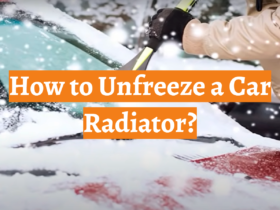
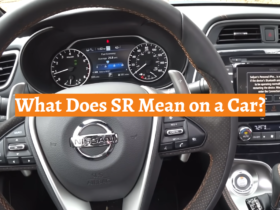

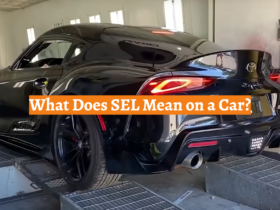
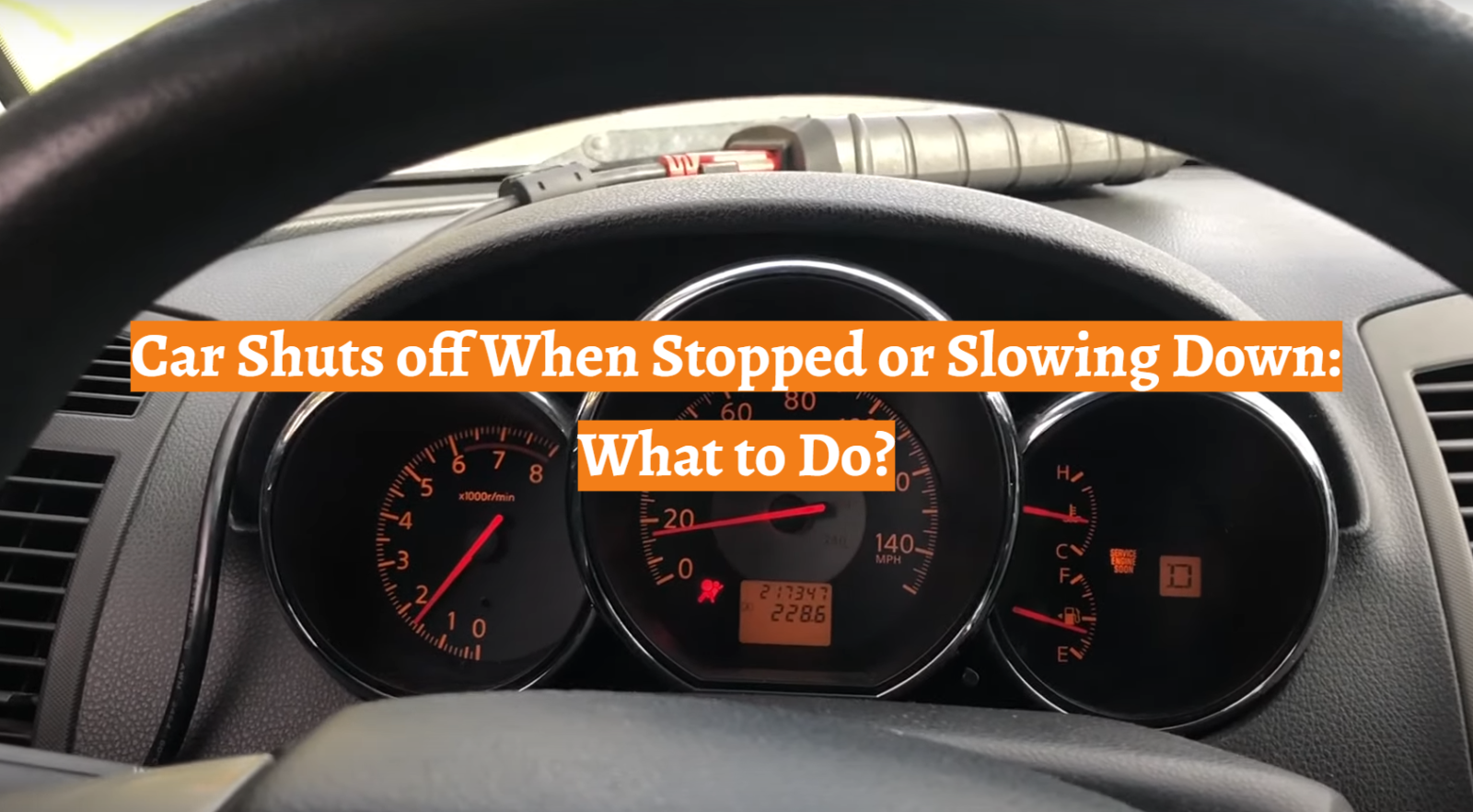
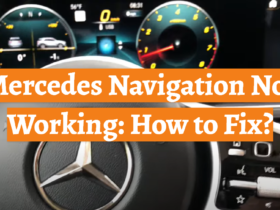
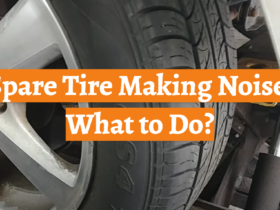
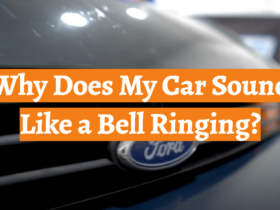
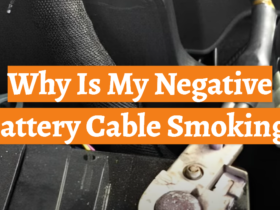
Leave a Review